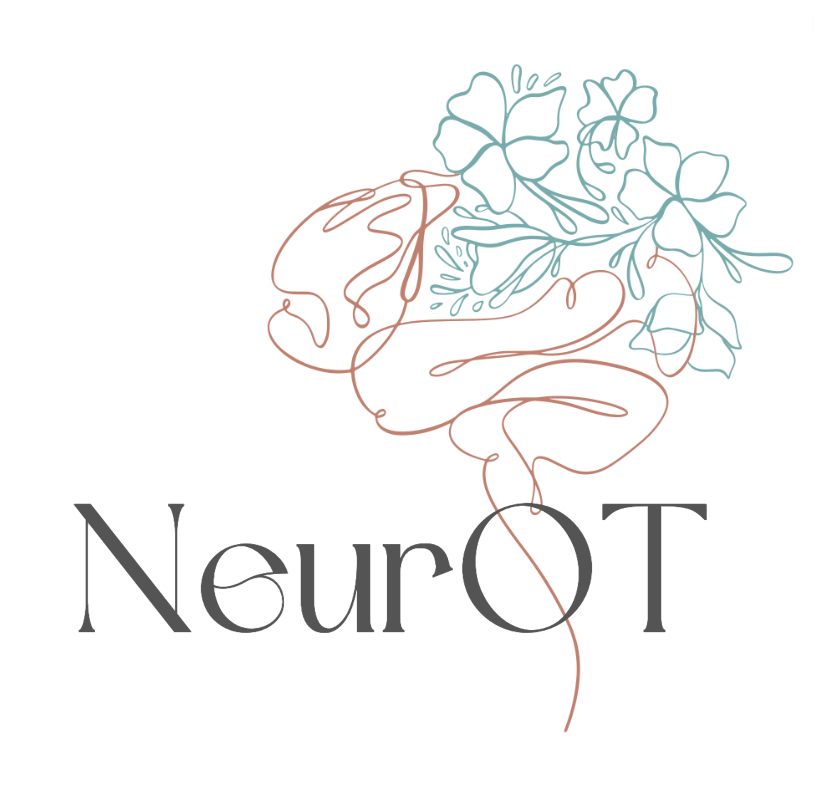Sundowning, also known as sundowner’s syndrome, is a term used to describe a pattern of increased confusion, agitation, and restlessness in people with Dementia, particularly in the late afternoon and evening hours.
The exact cause of sundowning is not fully understood, but it is thought to be related to changes in the body’s natural sleep-wake cycle, known as the circadian rhythm. Other possible causes of sundowning include fatigue, pain, hunger, and changes in the environment or routine.
Symptoms of sundowning may include difficulty settling down for the night, restlessness, disorientation, agitation, anxiety, pacing, and difficulty with communication.
A few strategies to reduce the implications of sundowning include:
- Maintaining a consistent daily routine and sleep schedule
- Making the environment calm and familiar
- Encouraging the person with Dementia to engage in calming activities such as reading or listening to music
- Seeking professional help if the behavior is severe or unmanageable.

It is essential to work with a healthcare professional to develop an individualized plan to manage sundowning and other behavioral symptoms of Dementia. Further information on sundowning and strategies to help manage sundowning can be found in the Guide for caregivers of people with Dementia.

